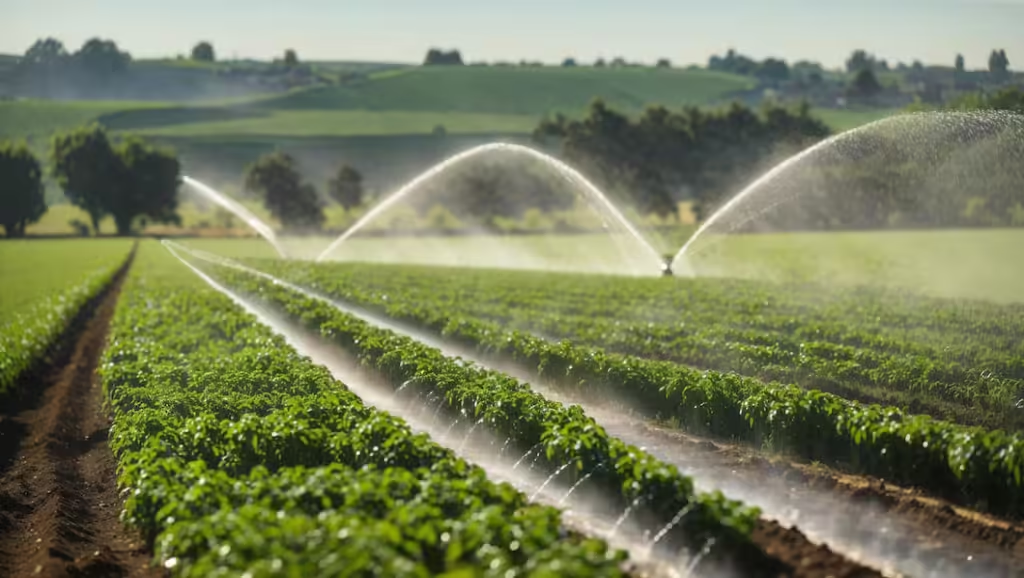Agriculture is the backbone of Nalgonda’s economy, and Irrigation projects in Nalgonda have played a transformative role in boosting the productivity and livelihoods of its farmers. With a semi-arid climate, Nalgonda has historically struggled with water scarcity, but projects like the Nagarjuna Sagar Dam and Mission Kakatiya have brought much-needed relief to the region.
1. Nagarjuna Sagar Dam: A Lifeline for Nalgonda Farmers
The Nagarjuna Sagar Dam, one of the world’s largest masonry dams, has significantly impacted irrigation in Nalgonda.
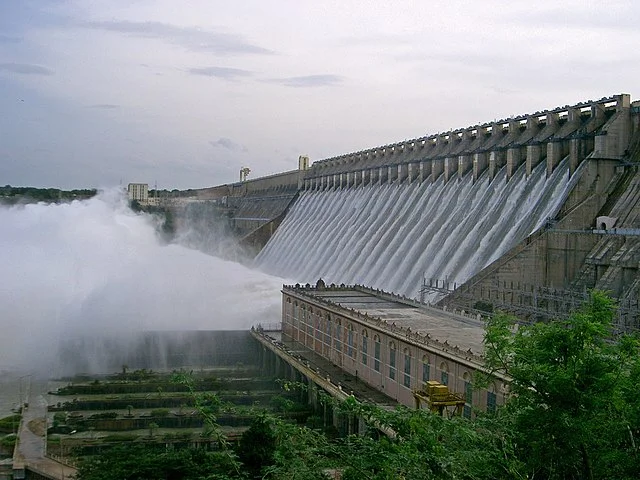
- Benefits:
- Provides irrigation water to thousands of acres of farmland in Nalgonda and neighboring districts.
- Supports multi-crop cultivation, boosting the agricultural economy.
- Key Crops: Paddy, cotton, and pulses have flourished thanks to a reliable water supply.
- Hydropower: Besides irrigation, the dam generates hydropower, indirectly supporting local infrastructure and development.
2. Mission Kakatiya: Reviving Water Bodies
Launched by the Telangana government, Mission Kakatiya focuses on restoring tanks and water bodies to improve irrigation.

- Goals:
- Desiltation of tanks to increase water storage capacity.
- Recharging groundwater levels to support borewell irrigation.
- Impact in Nalgonda:
- Revived over 1,000 tanks, benefiting marginal and small-scale farmers.
- Enhanced water availability for crops, especially during dry seasons.
3. Drip and Sprinkler Irrigation Initiatives
To promote water conservation, the government has subsidized drip and sprinkler irrigation systems.
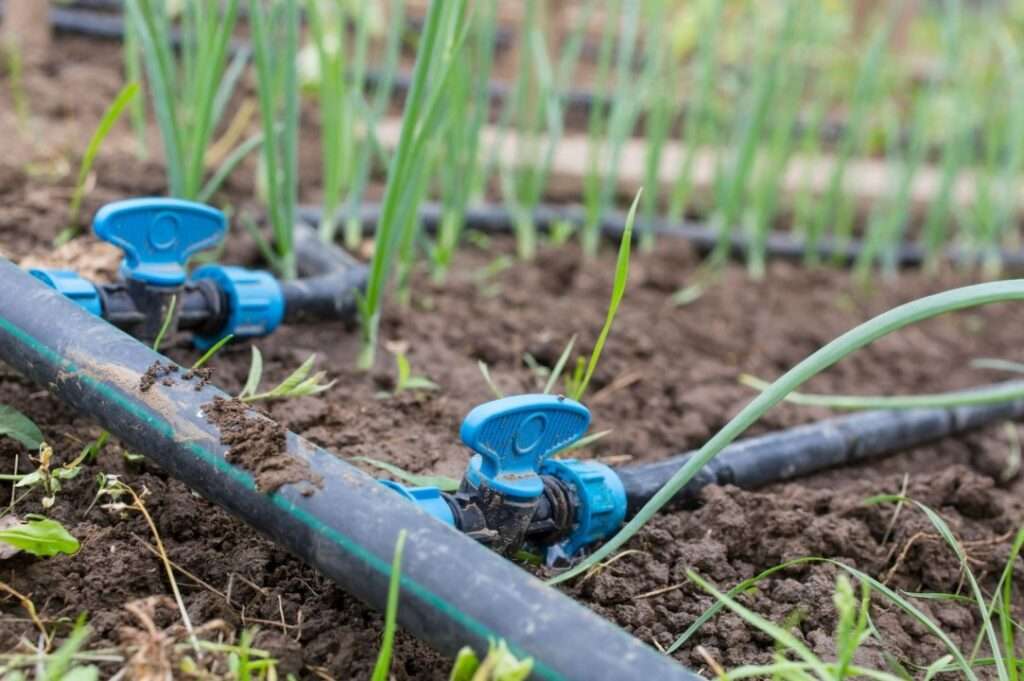
- Advantages:
- Efficient water use reduces wastage.
- Improved crop yields with targeted watering.
- Success Stories: Farmers in villages like Miryalaguda have reported higher productivity after adopting these techniques.
4. Canal Irrigation: Expanding Water Access
Canal systems originating from major projects like Nagarjuna Sagar have extended irrigation coverage.
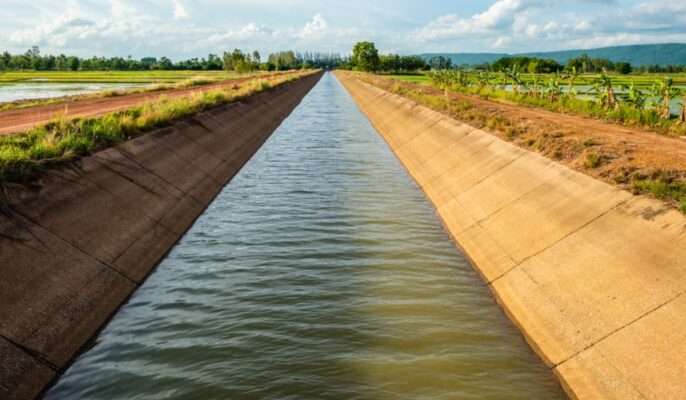
- Villages Benefited: Bottu Guda, Chityala, and Nakrekal have seen significant improvements in agriculture.
- Infrastructure Enhancements: Regular maintenance of canals ensures a steady water flow to remote areas.
5. Groundwater Recharge and Sustainability
Efforts to recharge groundwater through check dams and rainwater harvesting have added to the benefits of major irrigation projects.
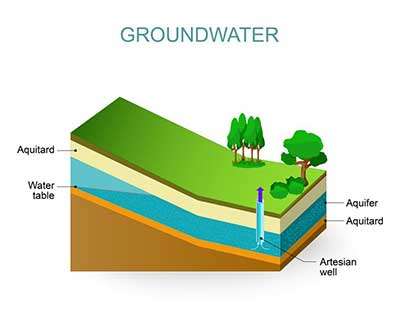
- Outcomes:
- Reduced dependency on monsoons.
- Sustainable water resources for future generations.
6. Boosting Farmer Incomes and Rural Development
With better irrigation, farmers can grow high-yield and commercial crops, increasing their incomes.

- Economic Benefits:
- Encouraged agribusiness opportunities in Nalgonda.
- Reduced migration of farmers to urban areas due to improved livelihoods.
7. Challenges and Future Prospects
Despite these achievements, challenges like waterlogging, silt accumulation, and equitable water distribution remain.
- Future Plans:
- Expanding the scope of Mission Bhagiratha for drinking and agricultural water.
- Introducing advanced irrigation technologies like IoT-based water monitoring systems.
Conclusion
Irrigation projects in Nalgonda have revolutionized the agricultural landscape, bringing prosperity and stability to farmers. By adopting sustainable practices and leveraging government support, the district can continue to thrive as a hub of agricultural excellence.
For more information, explore Telangana Irrigation Department.

